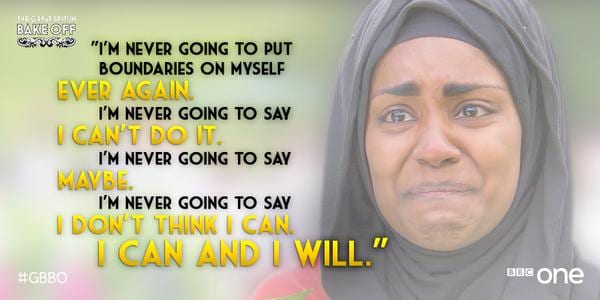“TEXT!!” What can Love Island teach us about careers?
By uczjsdd, on 17 July 2017
I assume you’re watching Love Island, right? It seems we all are. And if you’re not, you’ve only missed ~40 episodes. Cancel all plans and you’ll be caught up in no time. It’ll be well worth it. Much like David Attenborough’s Planet Earth, Love Island offers new perspectives on our world, a window through which we may behold truths hitherto unknown. Obviously I’ve learned everything I know about love from the show. Most people have. But Love Island also offers wise teachings on careers. In case fans of the show have missed them, and for non-fans without 40 hours to spare, I’ve summarised Love Island’s three key career lessons below:
1) Don’t judge a career by its cover
I don’t mind admitting that even I, one of Love Island’s biggest fans, was at first somewhat sceptical, or even scathing, about the show. I viewed myself as above it. But how wrong I was. It took merely one episode to have me truly hooked.
I’d stereotyped the show and the kinds of people who watch it. And it’s easy to do just the same thing with careers. What images come to mind when you think of an accountant? A psychologist? A social worker? A librarian? And what information are those images based on? Sometimes we can be very dismissive of, or incredibly attracted to, certain career paths due to commonly-held stereotypes. And if we don’t delve beneath the stereotype, we risk making ill-informed career choices. Websites like https://www.prospects.ac.uk/job-profiles give you impartial information about a whole host of job roles, so it’s a great place to check that your initial impressions are correct. We also recommend talking to people in the roles you’re interested in, and testing jobs out whenever you can. You may just find a hidden Love Island-esque gem!
2) First choices don’t have to be final choices
Where would Olivia (and we the viewers) be if she’d stuck with her first Love Island coupling? Cast your mind back to episode 1 and you’ll remember she was first paired with Marcel. But he wasn’t her type on paper, so she moved on to Sam, who also wasn’t her type on paper. Then she was off to Chris, who also appeared not to be her type on paper. Then she tried out Mike, who was totally her type on paper. But despite being her type on paper, she actually wasn’t too keen on him (see point 1 above), so she’s (currently) back with Chris and seemingly very happy.
Imagine if in episode 1 Olivia had felt her first choice would have to be her final choice, that she and Marcel would have to get married and be together forever. It could have left her paralysed by indecision. Well that’s how many students feel about career decisions. They worry so much about getting it ‘wrong’ that they find it difficult to engage with career thinking at all. But worry not. Studies like this, this and this tell us that changing careers, sometimes multiple times, is pretty normal. So chill. Take some of the pressure off. Career thinking is an ongoing process. You’re not necessarily making the choice about what to do forever, just what to do next. The experiences you have in every role, and the ways you change and grow over time, will inform where you go from there.
3) Be aware of your online presence
It’s hard not to feel a bit sorry for Jonny. He became the show’s villain after doing what plenty of other contestants do, dumping one person for another. But when that dumpee is the nation’s sweetheart Camilla, you’re bound to be a little unpopular. This unpopularity wasn’t helped by Jonny’s social media profiles, which he’s now deleted, and has admitted portrayed him as being something he wasn’t.
So obviously if you’re thinking of entering next year’s Love Island you should do a thorough social media audit. But what if you’re applying for a job? A 2013 survey of recruiters showed 92%, 35%, and 18% used LinkedIn, Facebook, and Twitter, respectively, to vet candidates before interview, and 42% had reconsidered a candidate based on what they found on their social networking profiles. Unsurprisingly, profanity and references to guns and drugs were viewed pretty unfavourably by recruiters. But so were photos of alcohol consumption, and spelling and grammar mistakes, rather common features in social media profiles. So be sure to regularly evaluate your privacy settings to ensure you’re happy with what recruiters might find!
 Close
Close






